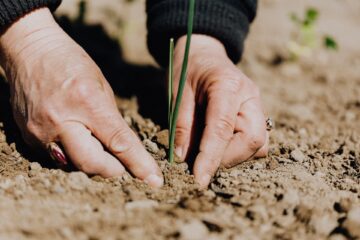![]()
THE WAY FORWARD AND ITS WORKABILITY IN INDIAN SOCIETY
INTRODUCTION
The simple translation of “sui generis” is “one of its kinds”. It is made in such a way that it fulfills the country’s needs. It is high time to have legislation in India which listens and protects the needs of the communities. The combination of customary, human, moral rights must be within it. The World Intellectual Property Organization (WIPO) says that in traditional knowledge there must be a difference between the knowledge which can be commercialized and the knowledge which is sacred and should be available for all. This can work only if the administrative body is governed by the representatives of the communities.

WHAT IS TRADITIONAL KNOWLEDGE (TK)?
Traditional Knowledge is a body of Knowledge that involves the innovation and practices of local people, which is extracted and developed from generation to generation which is passed on. This is then shared with the next generation and upcoming generation. Traditional Knowledge is tangible and intangible knowledge. Traditional Knowledge plays a significant role in agricultural development, food security, and medical treatment.
India is required to have a task force that reaches out to the community and spreading the news regarding their rights. To frame an Act on sui generis, every category of traditional knowledge needs to be refined. Traditional Knowledge is holistic and India is the country which is a diversified culture. Another important thing in question is whether the Indians will compromise their tradition and culture which was carried over generations.
To frame an Act on sui generis, first, we need to refine every category of TK. Secondly, we need to separate those TK which are holistic, India is a country that holds diversified culture. Thirdly we need to analyze whether Indians are ready to compromise with their culture and tradition which has been carried over some time. There is a strong need for the insertion of Sui generis into IPR to protect traditional knowledge. This would work as a bridge for the indigenous community, the national, and the international legal system. The amount of knowledge, money, and time required for these indigenous people is a long process. While all this process would be going, a third party can take advantage of this situation. Therefore, it is required that the registration process needs to be simplified for the traditional knowledge to make the IPR system affordable for all communities.
CONCLUSION
Sui generis is highly required in the field of IPR right now. If the changes are not made in this area can open a wide space of opportunities for people to steal and misappropriate the IPR. An absence of a sui generis system would mean that many of the communities would be robbed of their traditional knowledge and heritage. This is connected with the Indian Revenue which would fall along the way. It is all because the Traditional Knowledge would be stolen and all of the TK would be used for commercial purposes by private companies which would include foreign companies. To avoid this, it is important to have proper documentation of such traditional Knowledge and that it can be sent to a patent examiner who could trace the source of such TK if they have been stolen along the way.
Traditional Knowledge Database Library is the gateway for gathering Indian Traditional Knowledge. It is specially made about the medicinal plants and how to formulate them. This information is shared through the internet. The amount in which data has been recorded in the database, the patent examiners are also required to be made familiar with the TKDL.



0 Comments